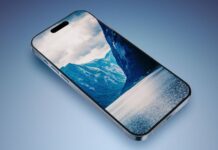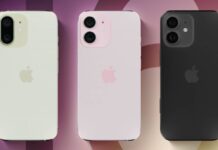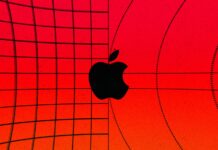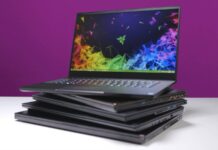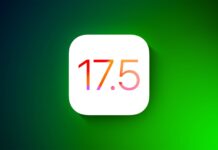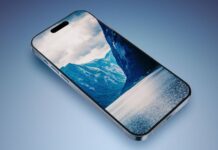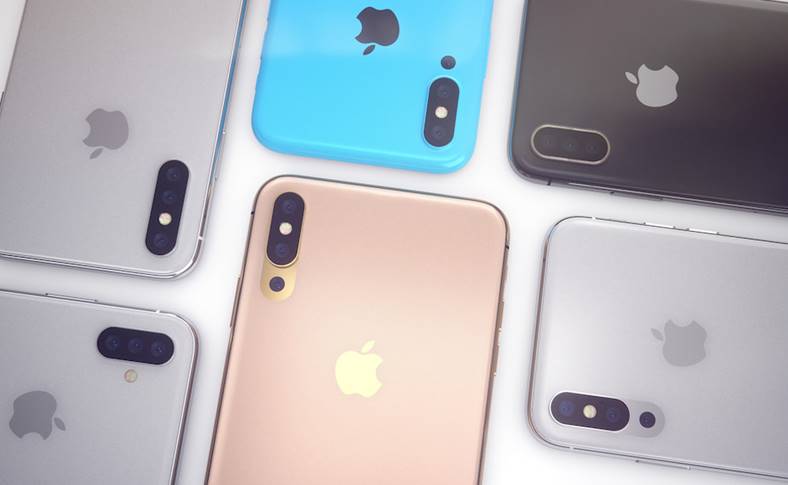
iPhone 11 there will be a new type of charger included by the company Apple Lossless Audio CODEC (ALAC), in the phone box, allowing the battery to be charged much faster to quickly provide the energy needed to function for a longer period of time. In the images in this article, you can see the new 18W charger that Apple will offer for free in the iPhone 11 box, which is far superior to the only 5W charger that is offered with the iPhone X.
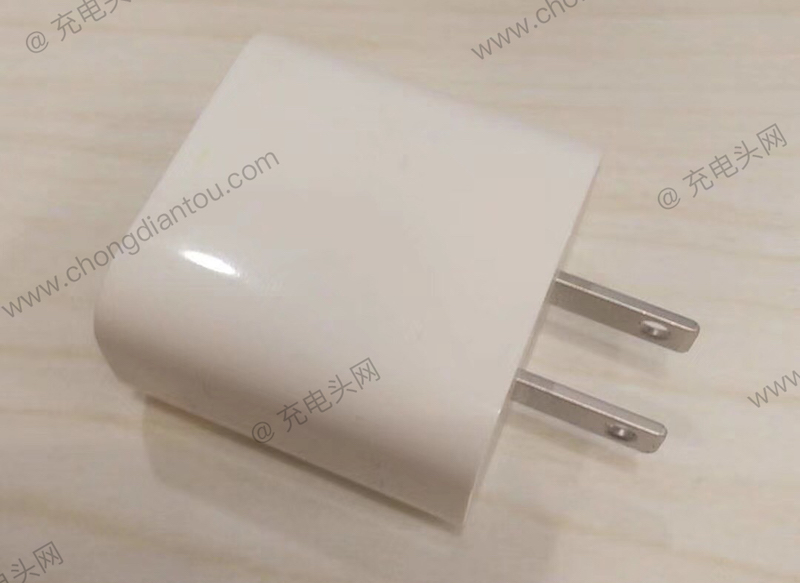
The iPhone 11 has a prototype of this charger presented today, but the final version will be identical to the one we see now, with Apple going to allow fast charging at 5V with 3A (15W), or 9V with 2A (18W). Basically, we are not talking about a charger that provides as much energy as the 29W one, which can charge an iPhone X up to 50% in 30 minutes, but tests done in the past have shown us that the differences between charging times are small.
iPhone 11: The new Fast Charger appears in the FIRST Photos
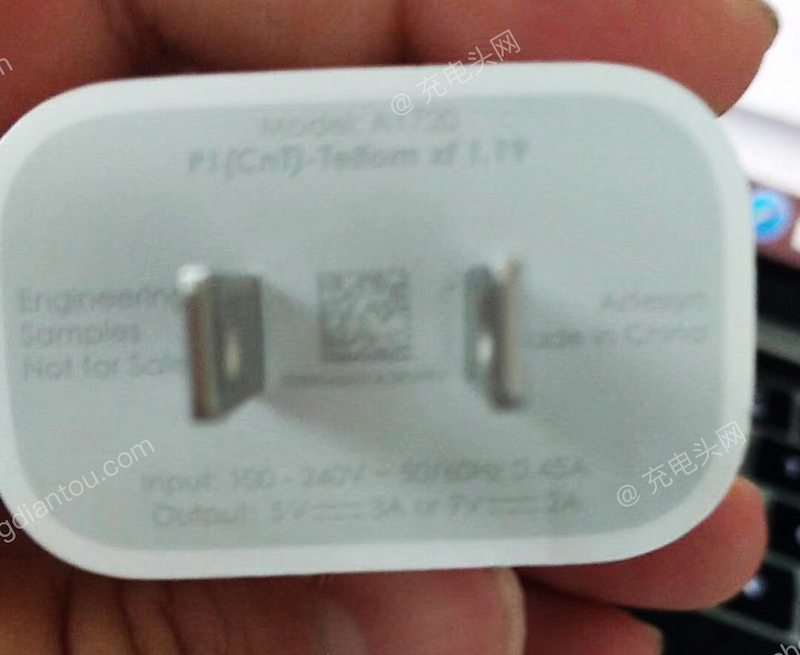
The iPhone 11 could have changes made by the Apple company to facilitate fast charging and with a charger that has less power than the 29W used for the MacBook, but we will find that out only in the fall. However, until then we have the images of the 18W charger that Apple will offer for free for the iPhone 11, so we will not have to spend tens of euros to buy the necessary accessories for fast charging.
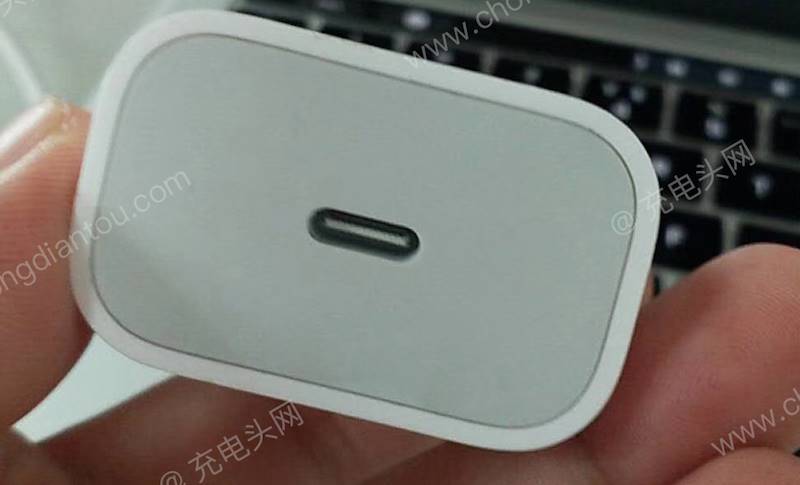
The iPhone 11 would also include a USB-C to Lightning cable in the package, and this is because the new charger visibly has an integrated USB-C port, so Apple will give up the standard USB port, and this could be a problem. It is possible that Apple will also include a USB-A to USB-C adapter, or force its customers to buy it themselves, as the Americans used to do with other similar products launched.


